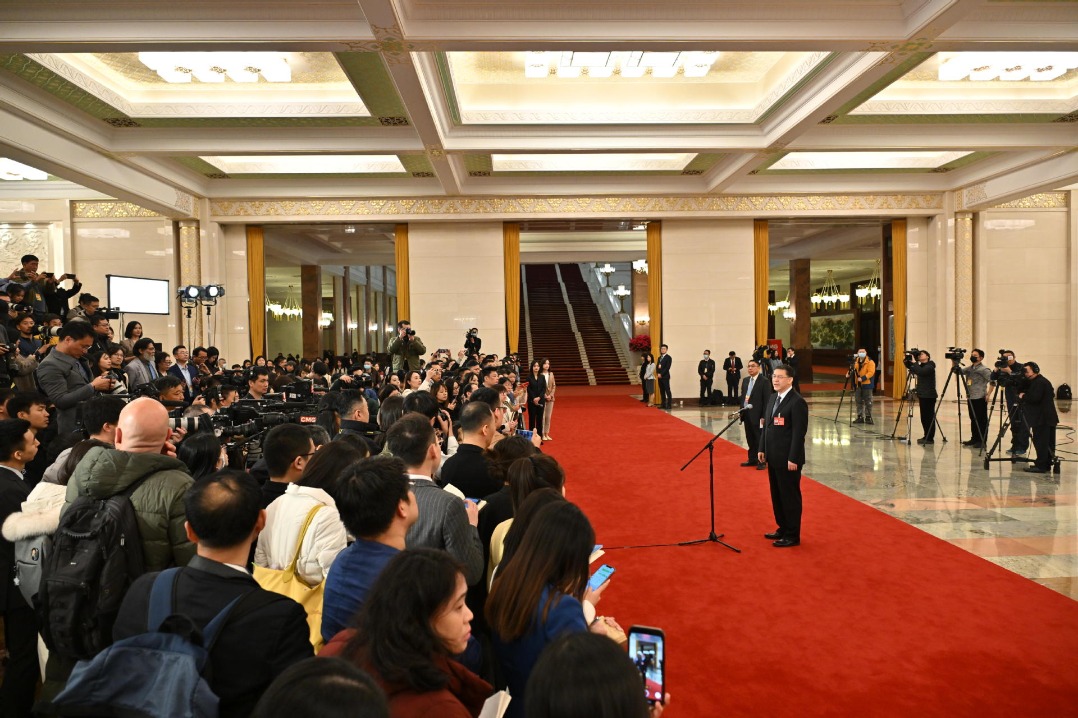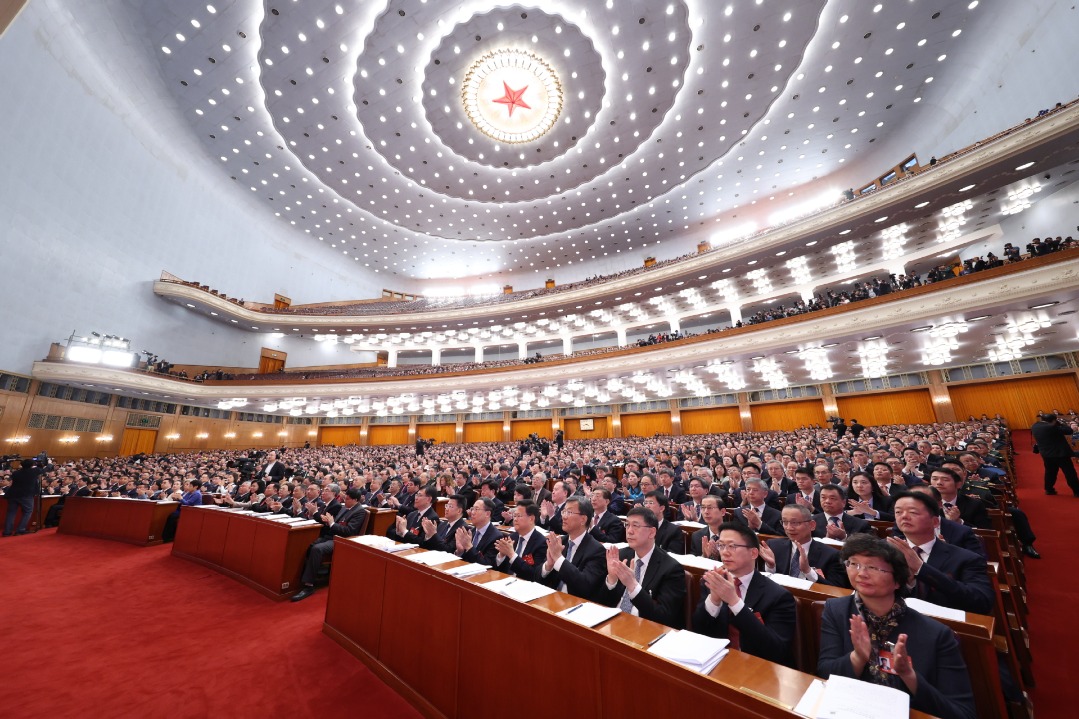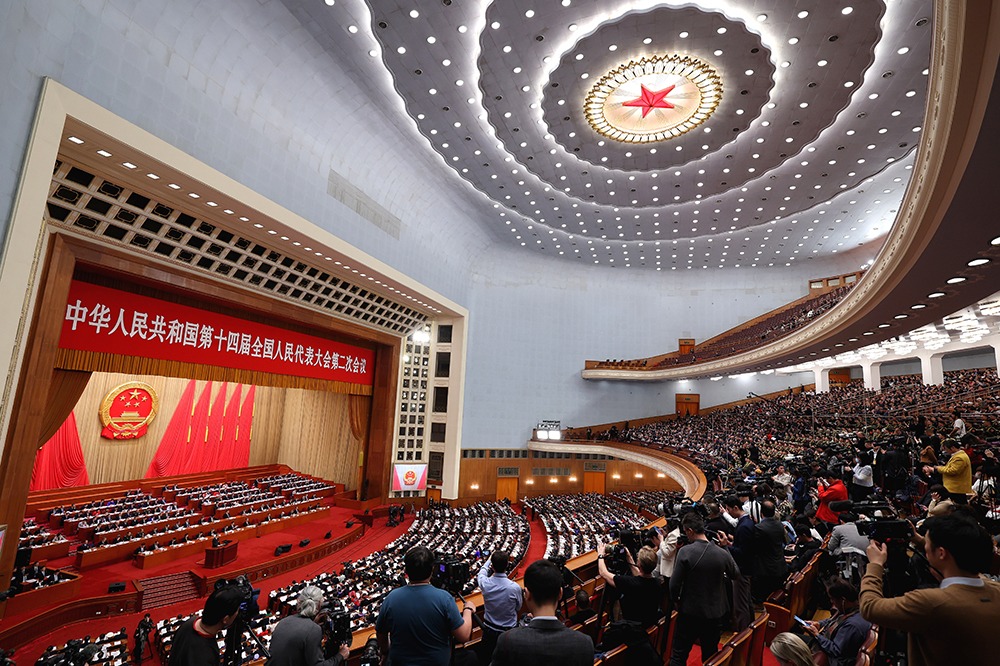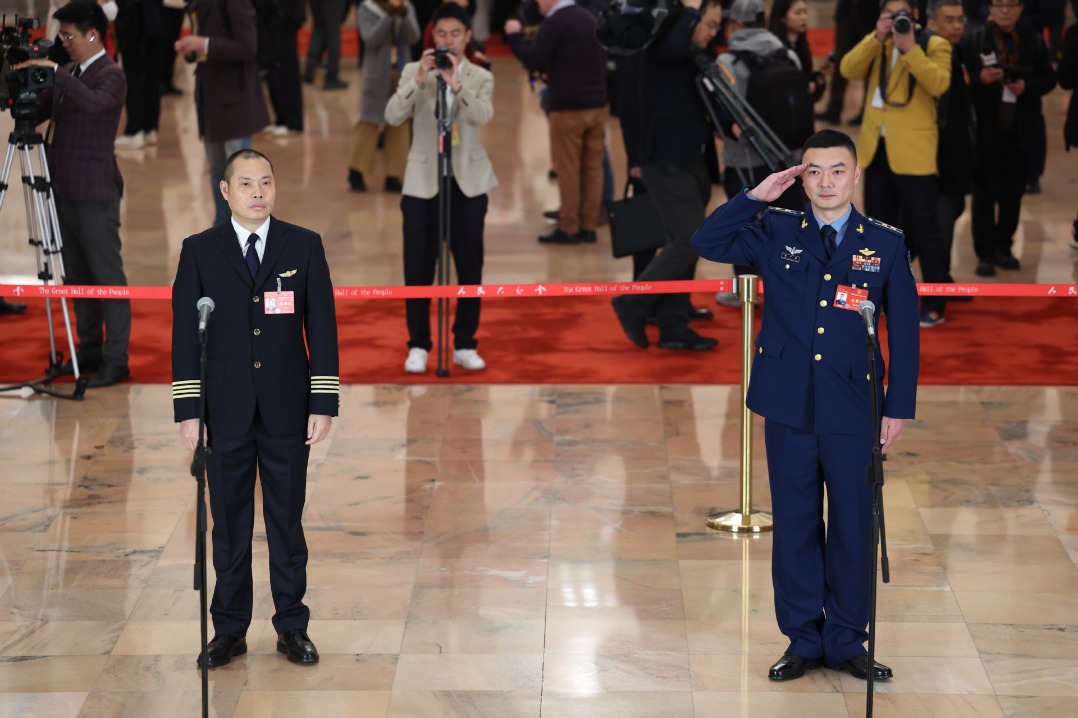Spaniards get more time for mail votes
China Daily | Updated: 2023-07-22 07:57

MADRID — Spain's electoral commission on Thursday granted the postal service a half-day extension to the deadline for mail voting ahead of a national election on Sunday, with a record number of people casting ballots by post and a union representative warning that Spaniards tend to "leave everything to the last minute".
State-run postal service Correos asked for the deadline to be extended to 2 pm on Friday, from 10 pm on Thursday, for voters to hand over their ballots at post offices.
A record 2.5 million Spaniards have requested to vote by post after Prime Minister Pedro Sanchez called a surprise election for Sunday.
The postal service said the 20,000 extra staff members it hired to cope with the additional workload was enough, but People's Party candidate Alberto Nunez Feijoo suggested that some postal voters might be prevented from casting their ballots due to delays.
Final opinion polls indicate a tight race, with Feijoo almost certainly winning most seats, but needing to unite with far-right Vox party to achieve a majority.
The average of all surveys released on Monday showed People's Party and Vox getting 140 and 36 seats respectively — exactly the number needed for a majority in the 350-seat parliament.
Sanchez attempted to make up for a debate with Feijoo that he was perceived to have lost in another debate late on Wednesday with Vox leader Santiago Abascal and coalition partner Yolanda Diaz of the far-left platform Sumar.
Feijoo, who declined to participate, said on Wednesday he had reduced his campaign activities after hurting his back, for which he was taking medication.
Sanchez and Diaz teamed up to denounce Abascal's platform.
The main beneficiary was probably Diaz, who is looking to leapfrog Abascal's Vox into third place, Pablo Simon, a political scientist at Carlos III University of Madrid, said.
Spain's electoral system means that in many smaller districts, third spot is crucial because the fourth-placed party generally fails to be allocated seats.
"Although the debates only move 2 percent of the vote, they are still campaign milestones and they have a big audience," Simon said. "This may have mobilized the left a bit and will have helped Diaz more than Abascal."
Sanchez said on Thursday that the election is an opportunity for Spaniards to show the far right's rise in Europe can be halted.
"If we can show we can stop the advance of a hard right, which is the PP, or a far right, which is the Vox party, this will be a source of inspiration for all progressives in Europe and the world," Sanchez said.
Agencies Via Xinhua























